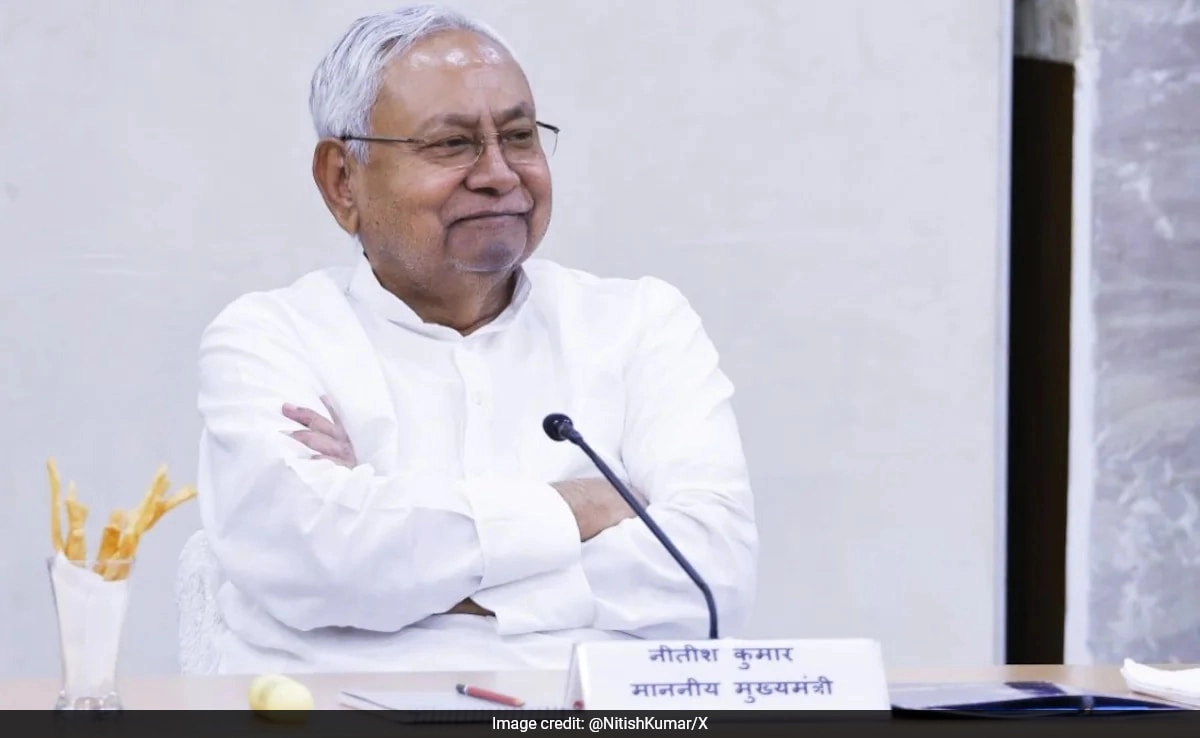In a strategic move ahead of the upcoming elections, Nitish Kumar, the Chief Minister of Bihar, has announced a significant pay increase for cooks and night guards. This decision, aimed at enhancing the welfare of these essential workers, reflects Kumar’s commitment to improving living standards for those in low-income jobs. The increase in remuneration is seen as a part of a broader effort to garner support among the working-class population, who play a crucial role in the state’s socio-economic landscape. By doubling their pay, the government hopes to not only uplift these workers but also create a positive narrative around the administration’s focus on labor welfare.
The timing of this announcement is particularly noteworthy, as it comes just before the election season, suggesting a calculated approach by the Chief Minister to strengthen his party’s position. Many observers believe that this pay hike could resonate well with the electorate, especially among those who may have felt neglected in the past. Cooks and night guards, often overlooked in discussions about labor rights and wages, are now being recognized for their contributions, which could foster a sense of loyalty and gratitude among voters. This policy change may also encourage similar initiatives in neighboring states, as the discourse around worker compensation becomes more prominent across India.
Moreover, the move to double the salaries of these workers not only addresses immediate financial concerns but also sets a precedent for future labor policies in Bihar. It signals a commitment to addressing the needs of marginalized sections of society, potentially leading to long-term changes in how labor is valued. As the elections approach, the effectiveness of this strategy will depend on the government’s ability to communicate its benefits to the electorate and ensure that these changes are implemented smoothly and transparently. The outcome of this initiative will likely play a significant role in shaping public perception and voter behavior in the forthcoming polls.
In conclusion, Nitish Kumar’s decision to double the pay for cooks and night guards is a multifaceted strategy that intertwines social welfare with political strategy. As the state gears up for elections, this move not only seeks to alleviate financial strain on these workers but also aims to build a stronger support base for the ruling party. The focus on labor welfare could mark a shift in political dynamics in Bihar, challenging other parties to respond with their own proposals for worker rights and compensation. This initiative exemplifies how economic policies can have profound implications in the electoral arena, influencing both governance and public sentiment in the process.




